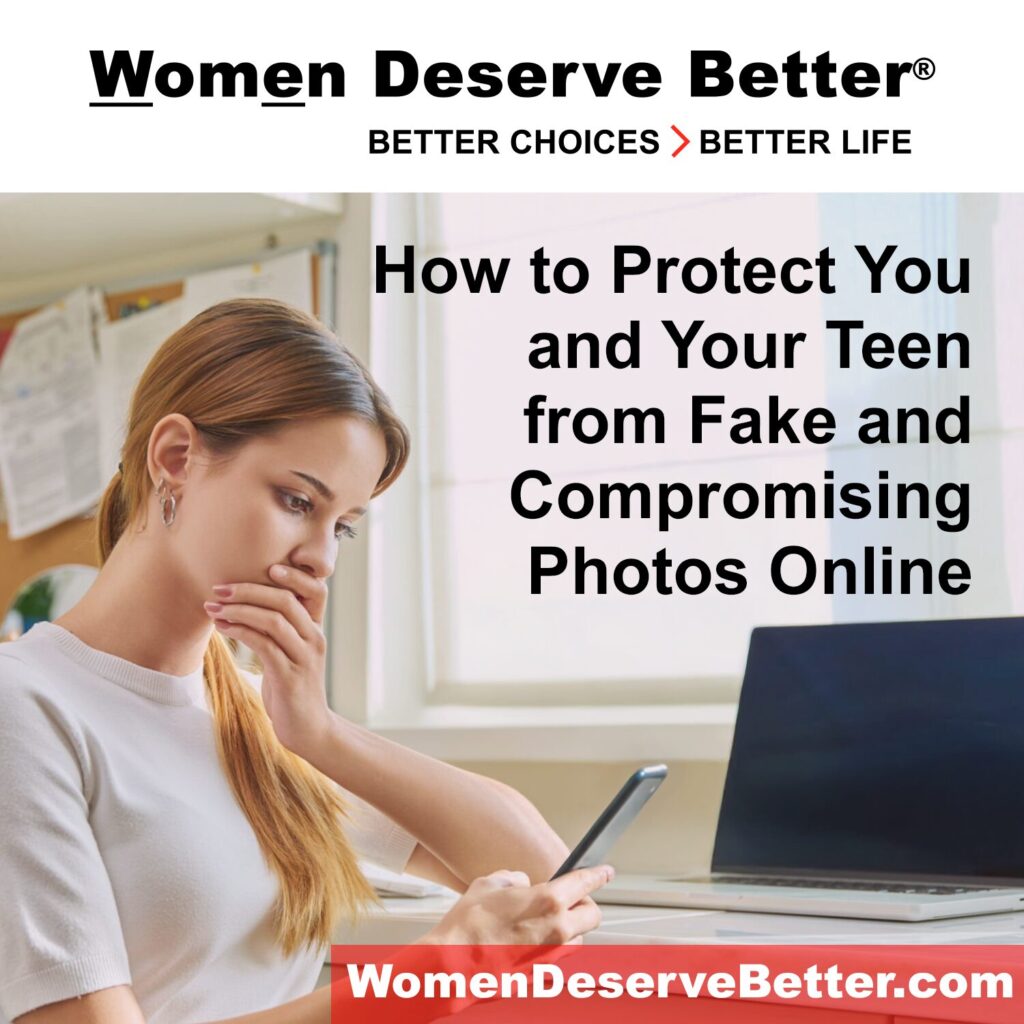
Today’s world is full of parenting challenges. Perhaps one of the most challenging is navigating social media and its trends and making sure you are keeping yourself informed and your child safe.
The Take It Down Act is a law that addresses a dangerous online threat–the posting of non-consensual intimate imagery, or NCII.
NCII is formed by taking intimate images or creating them using AI, and posting them online without the consent of the photographed.
Teens are often targeted but anyone can be a victim.
First, know that this is illegal. Whether it was created by AI or a real image given to someone, no one has the right to share it without permission.
If you find out this has happened to you or your teen, take these steps to report it and get support:
Collect evidence: screenshot or save the image along with any related comments or texts.
Report it to the platform: Report it to the platform you saw it on. Thanks to the Take It Down Act, they have 48 hours to remove the image once a victim notifies them, reducing the amount of time the image is in cyberspace. Provide details that this image is a non-consensual intimate image (NCII).
Do NOT pay blackmail money: Sometimes, criminals may ask for money to prevent an image from being shared or to take it down. This is “sextortion” and is also illegal. It is often a trap, as no matter how much money you pay, the criminal has no intention of taking it down or not sharing it. One amount most often leads to higher amounts. Save all relevant texts and chats as evidence. Remember, you are FOREVER Priceless!
Use online resources: https://stopncii.org/ and the Cyber Civil Rights Initiative https://cybercivilrights.org/ can help you get facts, support, and resources. The Revenge Porn Hotline 844-878-CCRI (2274) offers specialized support in this area.
Consult with local advocates: Consult with local law enforcement, attorneys, and victim advocates in your area. Look for those that have experience with cyber crimes.
Talk about it: Share your feelings about what you are going through with a trusted friend, family member, therapist, counselor, or spiritual advisor. Be open and non-judgmental if your teen discloses this has happened to her. Sharing these images is a form of abuse. You or your teen deserve support and justice!
Limit sharing of images: Keep your photographs in private spaces online especially those of minors.
By Joyce McCauley-Benner
